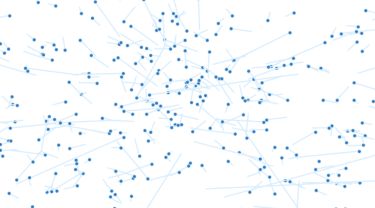Computational methods are a critical component of many fields of physics research. With the rise of deep learning and the development of large-scale computational facilities, the impact of computation has become increasingly important. Physics research in a broad range of fields has been rapidly accelerated due to emerging numerical techniques that have allowed for more comprehensive data analysis and increased computational complexity of physical phenomena. Much of the recent work in physics underpins the emerging field of Data Science and has helped to cultivate critical problems with solutions that cross-cut many areas of research.
In this module, we will focus on how to apply computational tools to physical systems using Jupyter notebooks. You will explore topics including numerical integration, Monte Carlo, machine learning methods, and Monte Carlo Parameter estimation. Additionally, you will understand the core computational toolkit required to be a physicist in the modern era. This module touches on many rapidly developing approaches where there is a lot of active research.
This class is designed around research "modules," where learners work on each module to gain experience with a specific scientific challenge. This third module will focus on the development of physics simulations, including astrophysical and quantum mechanical. Additionally, the content of this course will be accessible through Jupyter notebooks, which learners are encouraged to edit and run-in order to advance through computational problems and projects.
The other modules of this course provide real-world, Nobel prize-winning physics data and allow learners to recreate these Nobel prizes and learn physics and data science tools behind these discoveries. This module focuses more on strategies for simulating complex physics and asking the critical physics and computational questions needed to perform effective simulation and, generally, modeling of physics processes. Learners within the field of physics and data science can benefit from this class. Moreover, people just interested in understanding the modern data analysis toolkit used in physics will benefit from this. This class is a stepping stone towards the rapidly developing cross-disciplinary field of data science, AI, and Physics.




